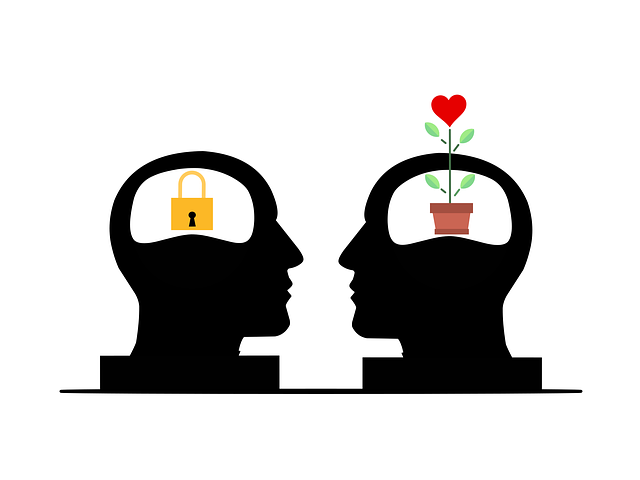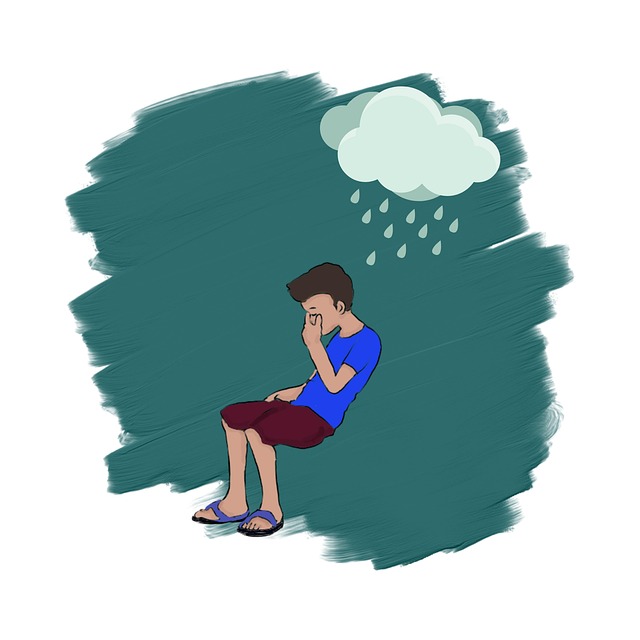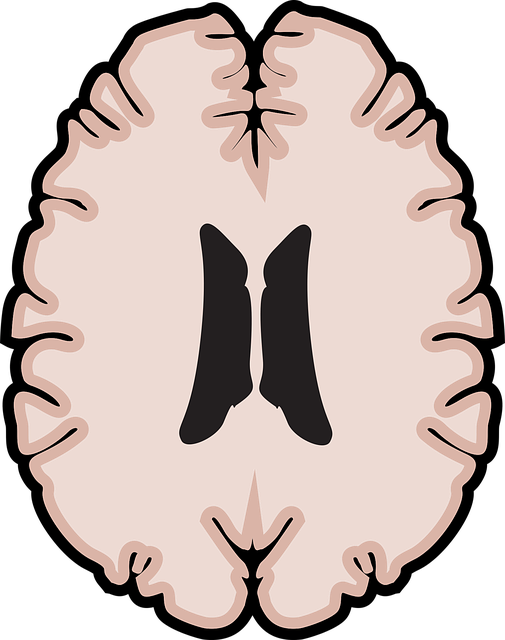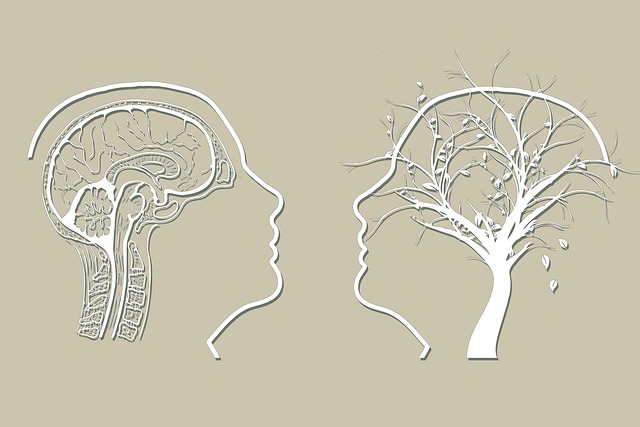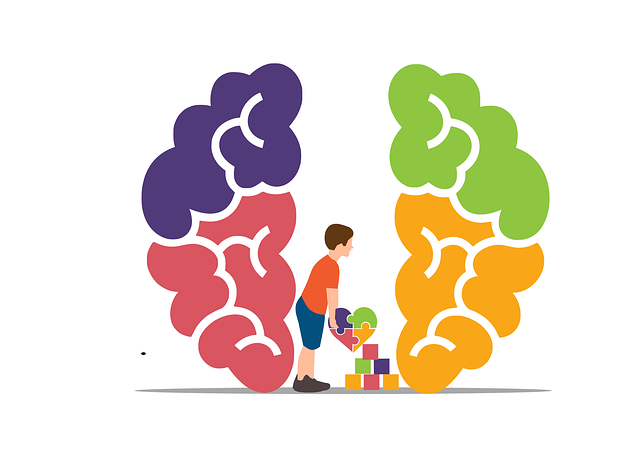Mental health advocacy initiatives, such as Mental Wellness Journaling and Parker Play Therapy, are vital in creating a supportive society for those facing mental challenges. These efforts raise awareness, challenge stigma, and provide resources like play-based therapy tailored for children. Through community collaboration and diverse partnerships, these initiatives break down barriers to therapy, normalize mental health conversations, and foster resilience. Culturally sensitive practices further enhance well-being, strengthening community bonds and promoting better mental health outcomes.
Mental health advocacy initiatives are transforming lives and communities by promoting awareness, reducing stigma, and providing support. This article explores three key aspects of this crucial work: understanding mental health advocacy, exploring innovative approaches like Parker Play Therapy, and highlighting the power of community engagement. We delve into how these strategies create a network of care, ensuring that everyone, regardless of age or background, has access to effective mental health resources and healing.
- Understanding Mental Health Advocacy: Why It Matters and Who It Benefits
- Parker Play Therapy: A Creative Approach to Mental Health Support
- Community Engagement and Collaboration for Effective Mental Health Advocacy Initiatives
Understanding Mental Health Advocacy: Why It Matters and Who It Benefits

Mental Health advocacy initiatives play a pivotal role in fostering understanding and support for individuals grappling with mental health challenges. It involves raising awareness, challenging stigmas, and promoting access to resources like Parker Play Therapy, which offers innovative therapy types tailored for diverse needs. By advocating for better mental wellness, we ensure that those facing issues such as anxiety, depression, or trauma receive the necessary crisis intervention guidance and confidence-boosting exercises.
Through mental wellness journaling, advocacy also provides a platform for individuals to express their experiences, track progress, and offer valuable insights. This not only aids in personal healing but contributes to a broader understanding of mental health, paving the way for more effective therapy practices like Parker Play Therapy. Ultimately, mental health advocacy benefits everyone by creating a society that is more informed, compassionate, and better equipped to support one another’s psychological well-being.
Parker Play Therapy: A Creative Approach to Mental Health Support

Parker Play Therapy offers a unique and creative approach to mental health support, particularly tailored for children and adolescents. This therapeutic method recognizes that play is a fundamental way for kids to express themselves and process emotions, making it an accessible and engaging form of therapy. Through games, art, and imaginative activities, trained therapists help individuals navigate and cope with various mental health challenges, including anxiety, depression, and trauma.
The initiative focuses on the development of mental wellness coaching programs that empower young people to manage stress and mood disorders effectively. By fostering a safe and nurturing environment, Parker Play Therapy encourages exploration, self-expression, and emotional regulation, ultimately contributing to improved mental health outcomes. This innovative approach not only addresses immediate concerns but also equips individuals with lifelong coping strategies for better overall well-being.
Community Engagement and Collaboration for Effective Mental Health Advocacy Initiatives

Effective mental health advocacy initiatives thrive on community engagement and collaboration. By fostering partnerships between healthcare providers, schools, businesses, and community organizations, we can create a supportive ecosystem that addresses mental health challenges holistically. This collective approach leverages diverse strengths and resources to break down barriers and reduce stigma associated with seeking therapy, such as Parker Play Therapy. Encouraging open conversations about mental well-being and normalizing access to therapeutic services, like those offered through Mental Health Policy Analysis and Advocacy, are key strategies in this collaborative framework.
Community collaboration also ensures that advocacy efforts are culturally sensitive and relevant to the needs of diverse populations. By integrating evidence-based practices such as Compassion Cultivation Practices into community programs, we can create safe spaces where individuals feel empowered to share their experiences and support one another. This bottom-up approach not only enhances depression prevention but also fosters a sense of belonging and resilience, ultimately strengthening the fabric of our communities.
Mental health advocacy initiatives, such as Parker Play Therapy and collaborative community engagement, are vital tools in promoting well-being. By understanding the significance of these efforts and who they benefit, we can create a more supportive environment for mental health awareness. These approaches, like Parker Play Therapy, offer creative solutions, ensuring that individuals receive the necessary support. Through community collaboration, we enhance accessibility to resources, fostering a positive impact on mental health advocacy in our diverse society.


